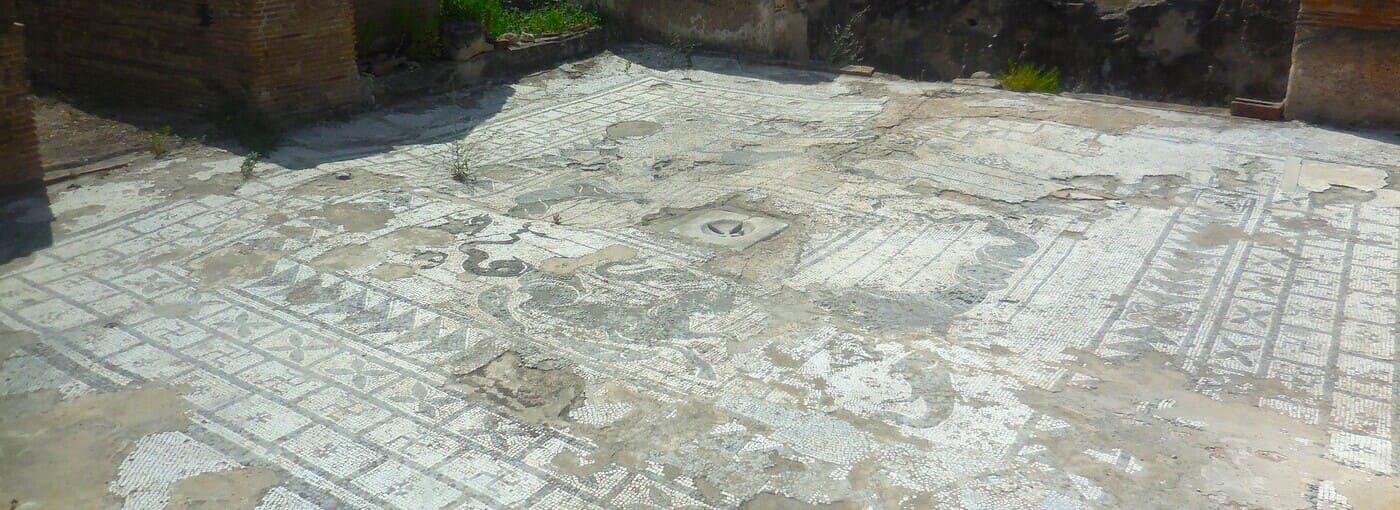
C.I.Be.C. News
20th Edition of the Advanced Course in Engineering for Cultural Heritage
Twenty Years of Education between Tradition and Innovation

20th Edition of the Advanced Course in Engineering for Cultural HeritageTwenty Years of Education between Tradition and Innovation
The preservation and enhancement of built cultural heritage represent an increasingly complex challenge, requiring continuous dialogue between advanced engineering skills, historical awareness, and artistic knowledge. For twenty years, the Interdepartmental Center of Engineering for Cultural Heritage (CIBeC) of the University of Naples Federico II has been a national and international reference point in this field, promoting a culture of conservation that combines scientific rigor with respect for the memory of places.
With the 20th Edition of the Advanced Course in Engineering for Cultural Heritage, CIBeC celebrates two decades of educational and research activity, consolidating an experience that has contributed to the training of hundreds of professionals now active in restoration, structural monitoring, diagnostics, and the management of historical built heritage.
The course maintains its interdisciplinary and strongly application-oriented nature, offering a comprehensive overview of the methodologies for analysis, diagnosis, modeling, and intervention on architectural and monumental heritage. Lectures, delivered by university professors, experts in the field, and restoration professionals, are complemented by practical exercises and case studies drawn from real conservation experiences.
Addressed to graduates in Engineering and Architecture of all levels and specializations, the course is designed for those who wish to acquire or deepen advanced technical and scientific competences in the conservation of built heritage, tackling contemporary challenges related to sustainability, digitalization, and seismic safety.
Reaching the milestone of twenty years, CIBeC renews its mission: to combine innovation and tradition, science and culture, in order to train professionals capable of preserving the past and designing the future of our heritage.
Educational objectives:
The course aims to train experts capable of addressing the challenges related to the conservation of historic buildings, integrating technical skills with a solid understanding of historical-cultural dynamics. Participants will learn to navigate the complexities associated with the degradation of historic materials, ensuring the safety and accessibility of buildings while maintaining their historical and cultural integrity. Particular emphasis will be placed on respectful restoration solutions to the original structures and on intervention criteria that reflect the latest research and innovations in the field.
Course structure:
The course includes theoretical-practical lessons and seminar activities for at least 60 hours and individual study for at least 75 hours. Attendance is mandatory with at least 80% presence of the total lecture hours; classes will be held on Friday afternoons and Saturday mornings.
Topics:
- Elements of archaeology and history of ancient architecture
- Architectural construction types
- Traditional materials and degradation
- Ancient construction concepts
- Traditional construction techniques
- Geotechnics for the historic buildings
- Diagnostics for the historic buildings
- Conservation of historic and modern buildings
- Innovative materials and modern techniques
- Multimedia documentation methods (HBim)
- Applied Physics for Cultural Heritage
- Systems engineering for Cultural Heritage
- Architectural design and conservation
- Function of protection agencies

